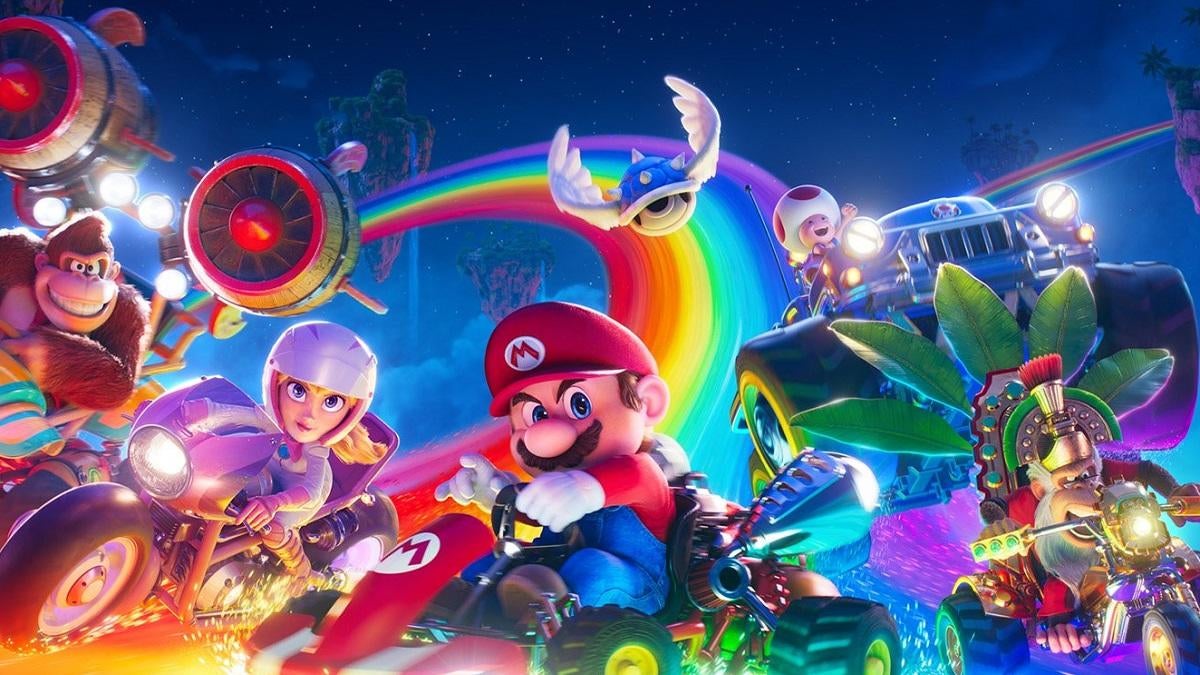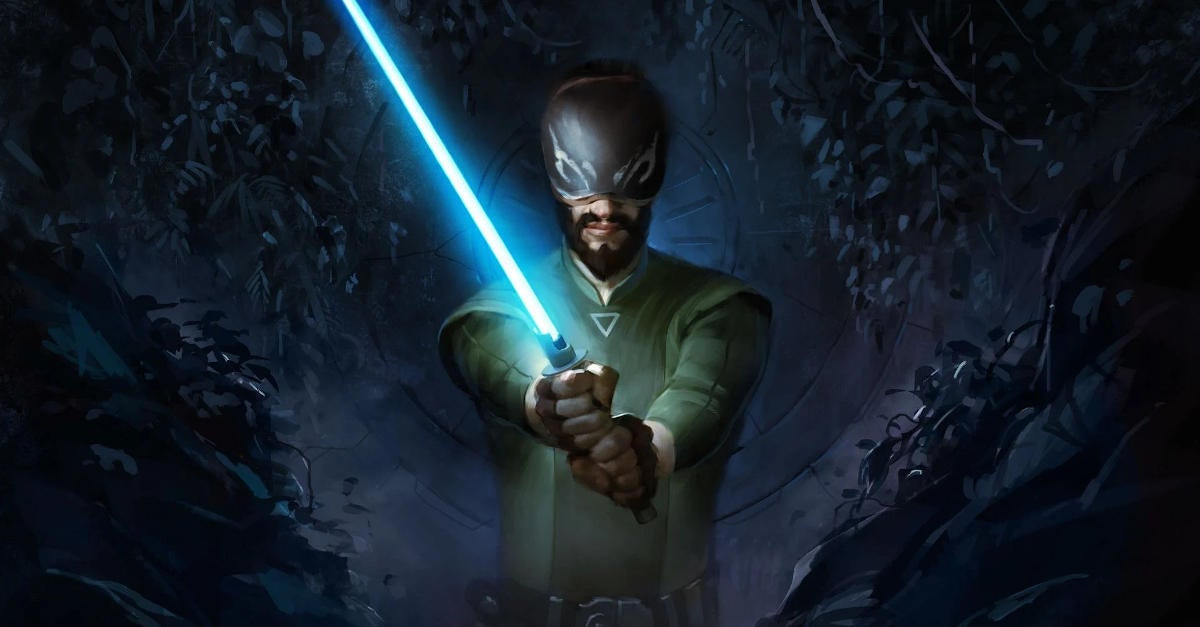The Woman King's Jénel Stevens Explains the Difference Between The Agojie and Black Panther's Dora Milaje
The latest project in Viola Davis's storied filmography comes in the form of The Woman King. This historical epic chronicles the experiences of the Agojie, a real-life all-female squad of warriors who are tasked with protecting the West African kingdom of Dahomey in the 1800s. Davis plays General Nanisca, the leader of the Agojie both in battle and in training. The all-female nature of this African team of warriors has drawn parallels to Black Panther's Dora Milaje, a military band of women who serve as a special forces unit for the fictional African nation of Wakanda.
The parallels also exist behind the scenes, as The Woman King's fight choreographer, Jénel Stevens, worked on Black Panther as a stunt performer for the Dora. That said, Stevens emphasized that the Agojie operate very differently than the Wakandan women.
"With the Dora, we were trained to be in sync with each other, like a military unit. I guess the only correlation there was the Agojie were military as well, but they didn't have the same system, if you will, and each one had their own different weapon," Stevens told ComicBook.com's Liam Crowley. "And as you knew in the movie, they come from different backgrounds, so training them to make sure that the weapons were the extension of their hand was different than the Dora because the Dora, we all did spear."
Even though the Dora Milaje fight with purpose, there is a grace to their style. In The Woman King, the Agojie only care about taking out their targets.
"And in [Black Panther] it was more twirly and flowery and visually appealing. In the Woman King, it was supposed to be more functional, more straight to the point, killing somebody else. So there was no real fantasy to it. And we used the basic striking patterns that, for me personally, I come from a Koli background, so that was a part of the system that we used to teach them these weapons for the Agojie. It was definitely different because now it was more to the point with the weapons, 'I'm going to kill you. I don't want it to look pretty,'" Stevens continued. "This was a totally different approach and it meant something deeper for me to be a part of it. It was rooted in history, like I said, 1800s these women actually existed, and to embody that was unprecedented for me."
The Woman King is now playing in theaters.




